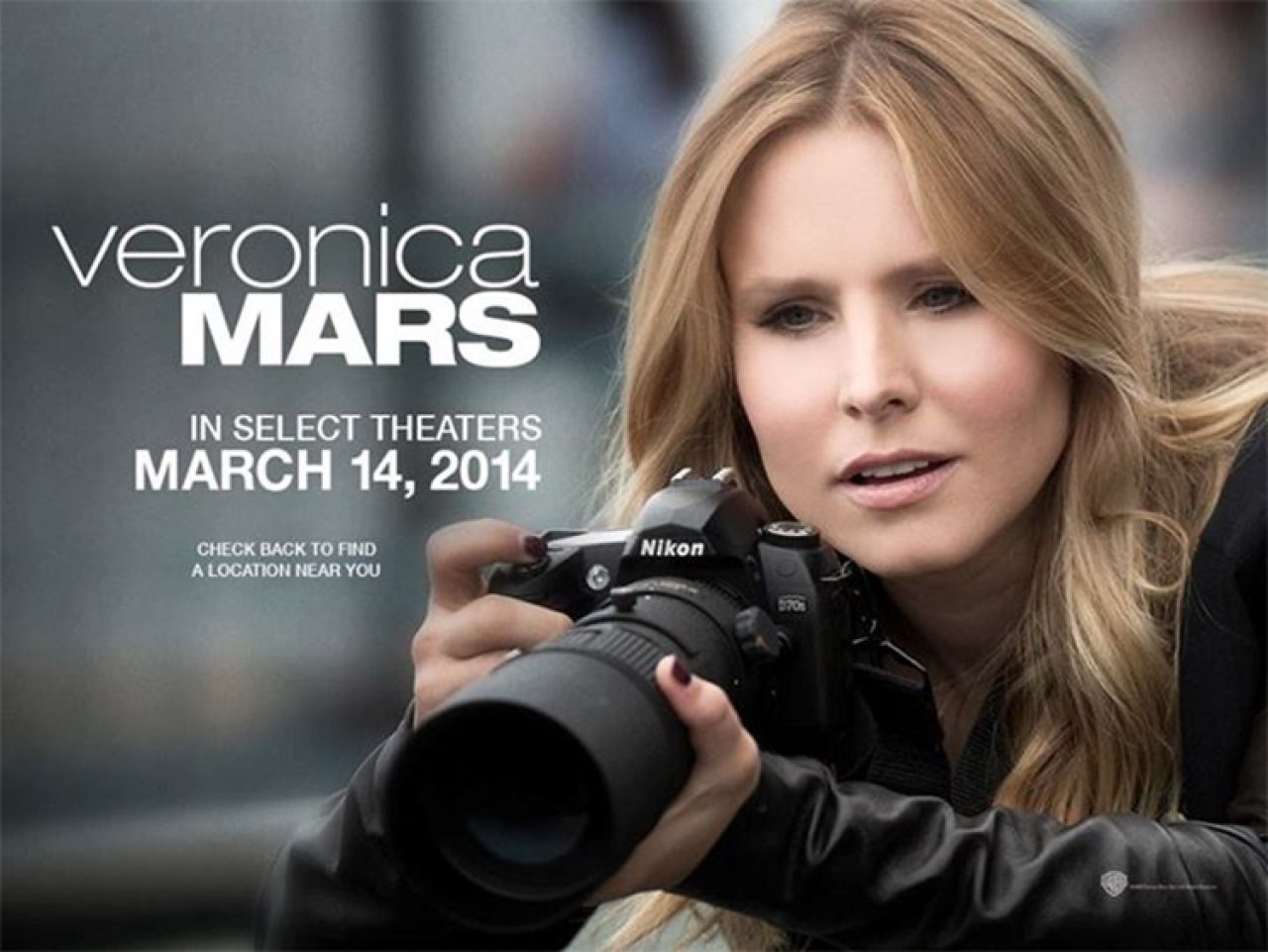What Is Crowdfunding?
Of all the things to change because of our society’s current dependence on the Internet, I suppose I never really thought about fundraising. I'm a child of the 1980s, and the first image to come into my head when someone says “fundraising” is that of elementary school kids going door to door selling chocolate or gift
Of all the things to change because of our society’s current dependence on the Internet, I suppose I never really thought about fundraising. I'm a child of the 1980s, and the first image to come into my head when someone says “fundraising” is that of elementary school kids going door to door selling chocolate or gift wrap or magazines to raise money for some project their school was trying to get off the ground. I remember doing that—going door to door—and being terrified of it even though I knew virtually every neighbor I visited.
Today, however, things are different.
This past summer I had the chance to go to Scotland and attend a few days of the Edinburgh Festival Fringe, the largest theatre festival in the world. There were thousands of performances playing in several hundred venues all over the city. All kinds of theatre from all over the world. It’s really a tremendous event.
Putting on a play can be an expensive venture. There is a lot to consider financially: rent, costumes, props, sets, music, performance rights. On top of all of those costs, moving your show to another country—another continent!—can be rather daunting. So theatre groups and arts organizations will look to their audiences for help. And today, it’s easiest to reach the widest audience base by making those pleas for funding online.
“Crowdfunding,” is the practice of soliciting funds from a large group of people, usually online. There are several websites that host this kind of fundraising: Kickstarter, Indiegogo, and Rockethub all allow groups and individuals to seek donation-based funding for a range of projects, from arts-based endeavors like independent films, to products that wouldn’t otherwise ever come to fruition, to new ideas in technology and design.
Just this last weekend, a major motion picture entitled Veronica Mars was released online and in select theaters. The film is based on a TV show that, despite being a fan favorite, was cancelled after only three seasons back in 2007. Last year the series’ creators posted a proposal on Kickstarter, asking the show's fans to help out, aiming for a goal of $2 million. 91,585 fans—or “backers” as they are called on Kickstarter—donated a total of $5,702,153 this time last year, making the project possible. Not only was the project successfully funded, but the project shattered all kinds of records, earning that first $2 million dollars within just hours of the film’s Kickstarter page going live. You can see the Veronica Mars kickstarter page here.
Crowdfunding have revolutionized the way that donations are sought, given, and received. Artists and inventors can outline their ideas and their hopes online, and solicit donations. For example, the designer of a new camera lens may not have the funds to build a prototype, but if she asks for donations via crowdsourcing, she could not only get her prototype built but get a product line underway and a new business off the ground.
What usually happens is that a project creator sets a funding goal, and then a deadline to meet that goal. Creators can send links advertising their projects to friends and friends of friends; but complete strangers can also read up on a project and make a donation. Most fundraising sites encourage projects to offer perks to donators—thank you gifts that may increase in size and value depending on the level of the individual donation. For example, a $5 donation may get you a personalized thank you card, a $25 donation may get you a t-shirt, while a $50 donation may warrant your receiving two tickets to opening night.
Have you had any experience with crowdfunding, either working on a project or as a backer? We would love to hear about your experiences.

 Member Connect
Member Connect